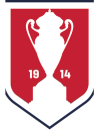U.S. Soccer Referee Andrew Kirst Trailblazed Path for Deaf American Referees at 2023 DIFA Deaf World Cup
The sole North American official at the tournament, Kirst worked nine matches in Malaysia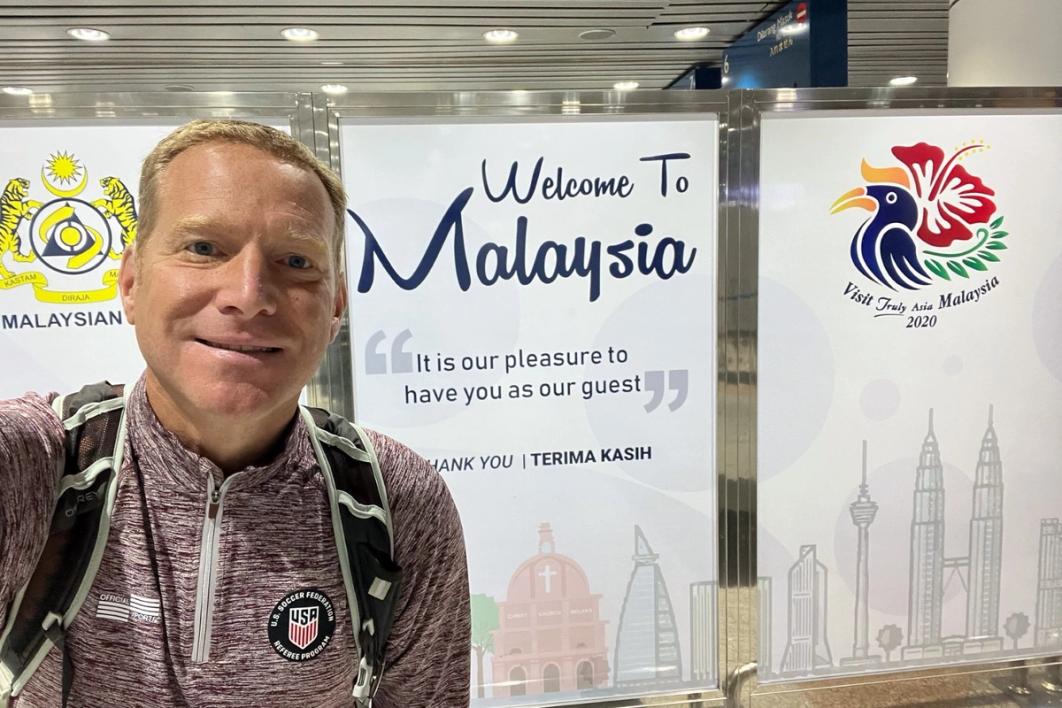
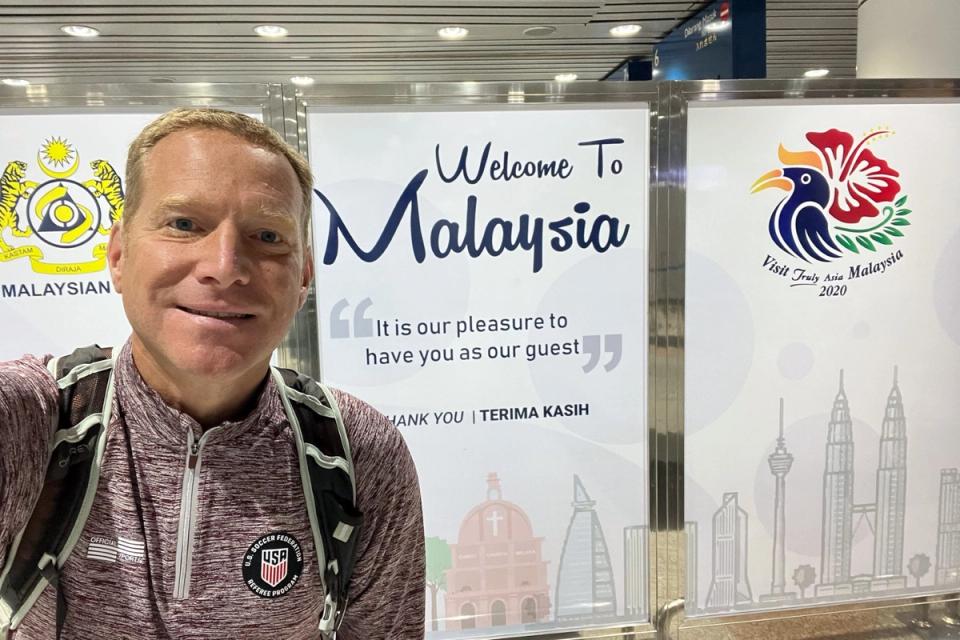


Andrew Kirst wants you to know he was a bad ref.
Don’t worry.
After a 19-year career of working soccer matches as small as JV high school to as large as a world championship semifinal, Kirst has spent his entire career working relentlessly to get better. That mindset and the support of U.S. Soccer’s referee training program have helped him get to where he is today.
But yeah, when he started, he wasn’t great.
“For the first year or two, I knew I was bad. I was lousy,” Kirst said. “And the parents were blowing up at me. But hey, I’m deaf. It didn’t affect me. It was an advantage for me. I’m sure if I could’ve heard, I would’ve quit.”
Kirst credits U.S. Soccer, specifically Rick Eddy, Esse Baharmast, Deanna Duncan-Allen, and Neal Fausset, for helping him develop into the referee he has become today and for his opportunities.
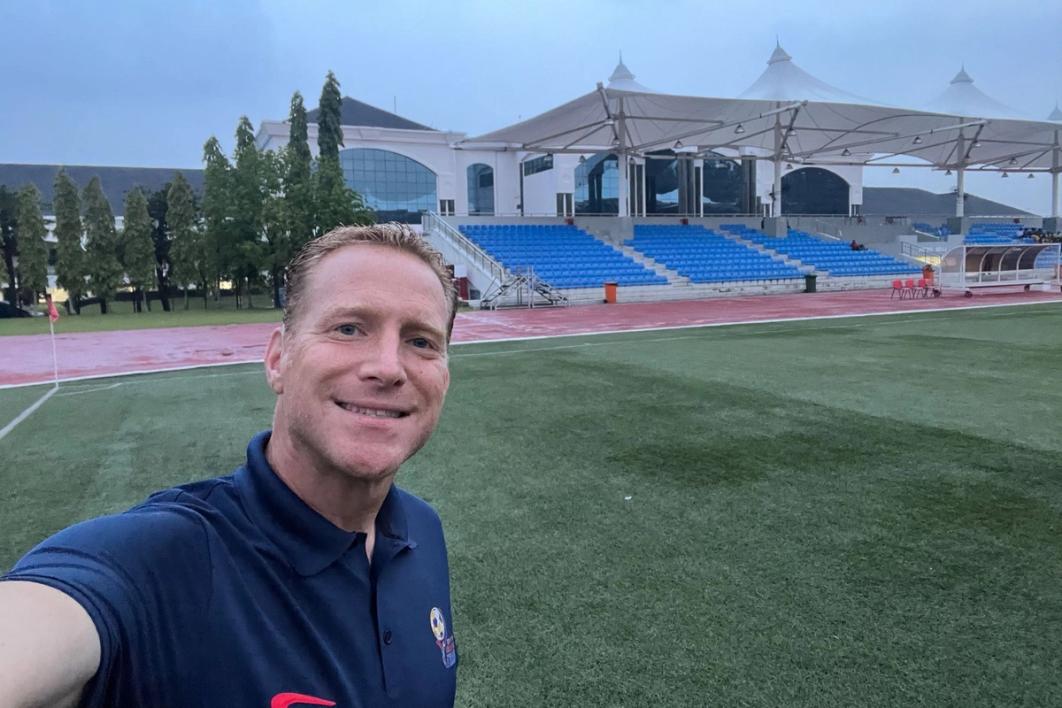
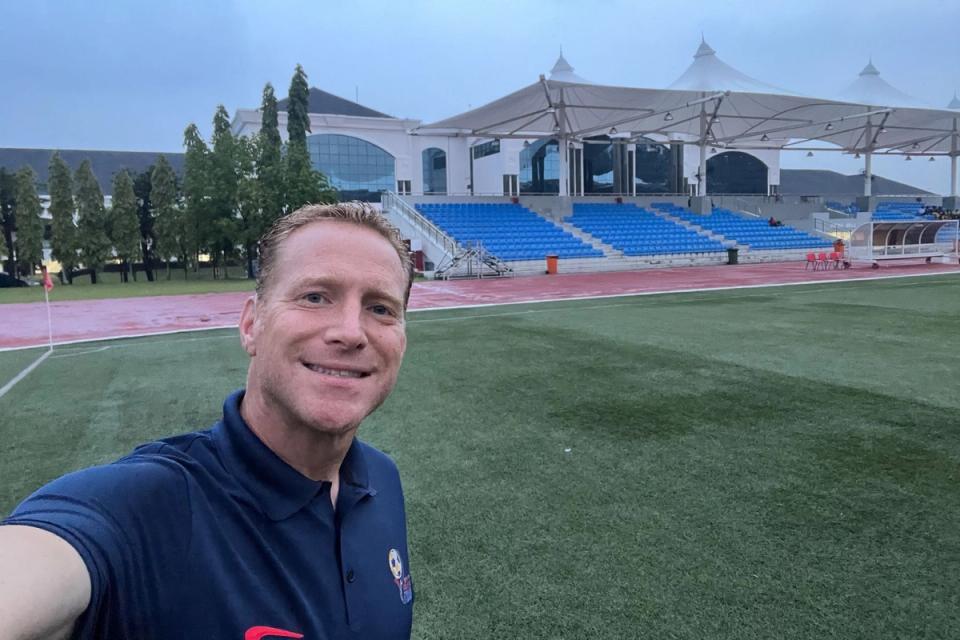
He also highlighted U.S. Soccer’s commitment to increased accessibility for its referee training. Without it, he may not have been able to reach some of the highest levels of the sport.
“When they recognized that I was deaf and was aspiring to be the best referee possible, they started to create more opportunities and provided sign language interpreters for training, video discussions, meetings, workshops, webinars, tournaments and showcases I attended,” Kirst said. “This gave me full accessibility to what was being spoken, talked about, and discussed, and I could comprehend, understand, and apply all that was being discussed onto the pitch during matches. With what U.S. Soccer provided, it really helped and accelerated my development as a referee.”
That growth eventually led to Kirst representing U.S. Soccer as a referee for the 2023 World Deaf Football Championships (WDFC) in Kuala Lumpur, Malaysia.
The honor wasn’t something he thought about from the moment he became a referee. He didn’t even know it was possible until he participated in two U.S. Deaf Soccer training camps ahead of the 2020 Deaf World Championships.
At those camps, Kirst built up his skills as a referee. He also met and got to know the players and staff of the U.S. Men’s Deaf Soccer Team and, through those relationships, learned who he should speak to and how to apply to become a referee for the WDFC.
“These two camps opened my eyes to other opportunities I could try for and take advantage of,” he said. “They were a huge springboard to the WDFC for me. U.S. Soccer now overseeing those teams under the Extended National Teams program has given a big boost to the visibility and potential for all players under U.S. Soccer. It’ll extend to everyone who is involved in this program in any shape or form. This exposure will only lead to further awareness and understanding of what is out there and allow for hopes, dreams, and goals to be developed and let the future generations be motivated to strive for excellence and further success on the pitch and in life.”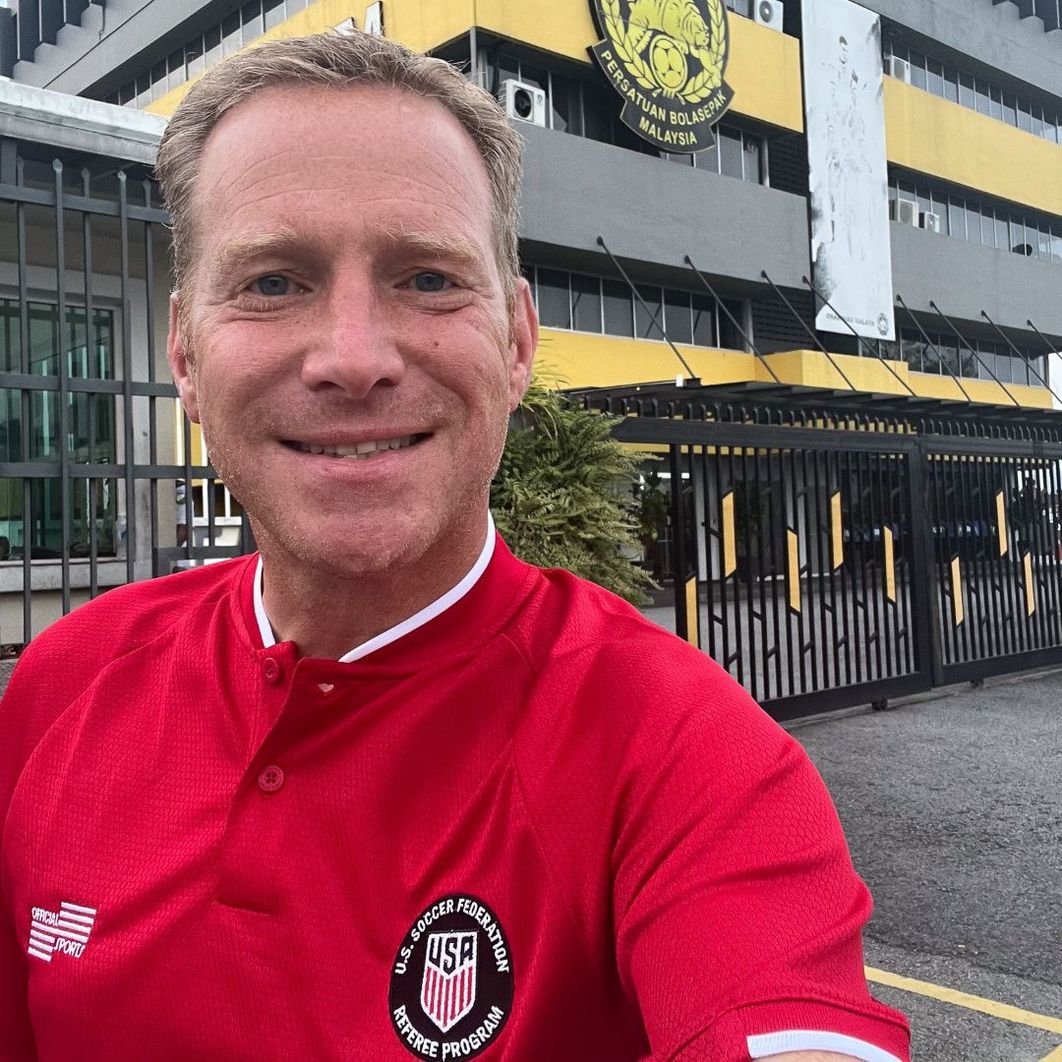
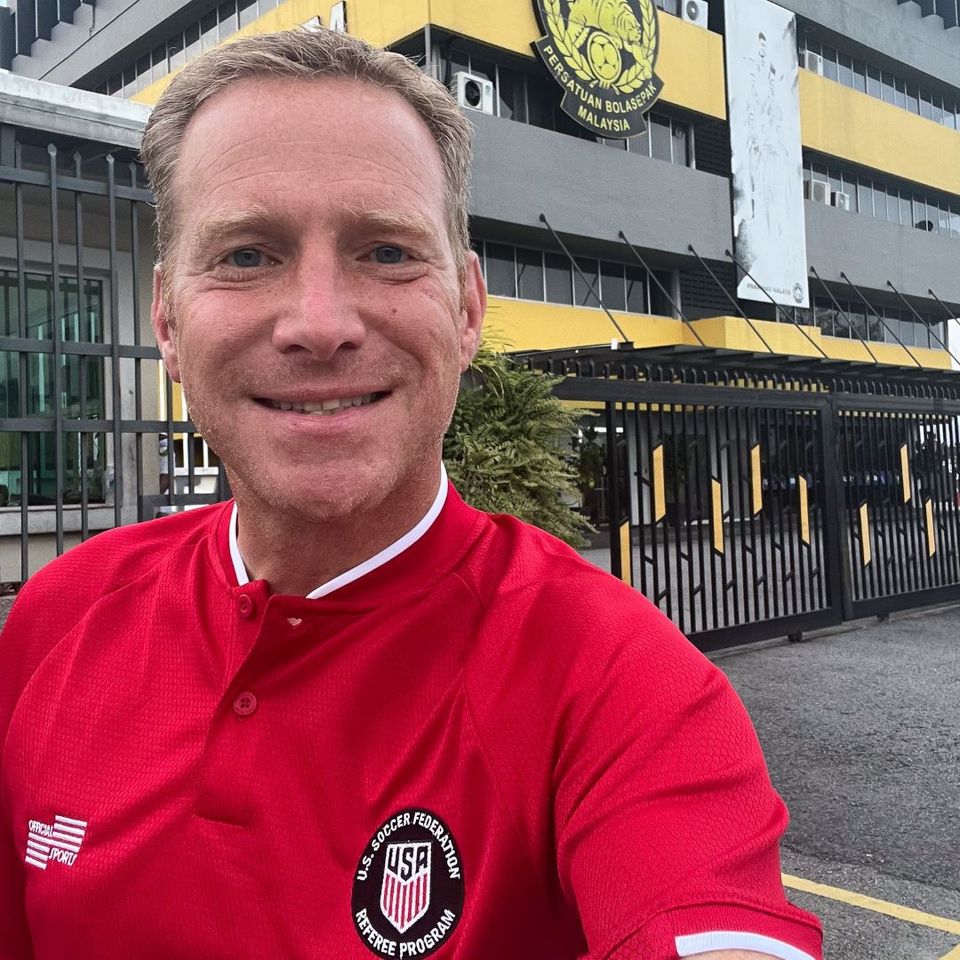
He applied for the WDFC that would’ve taken place in 2020 but was canceled because of COVID-19. He applied again ahead of the 2023 edition and was selected.
“I was happy and thrilled, dazed for a few days,” he said. “It was a good feeling.”
Happiness soon turned to focus as Kirst wanted to begin prepping for the tournament. He traveled to Austin, Texas, to work the Labor Day Cup. He knew he would get experience officiating high-quality soccer matches while also learning to deal with the same heat and humidity he would experience in Malaysia.
“I wanted to do everything I could to do the best that I could do,” Kirst said. “I give a lot of credit to John Jones in Texas, now in Colorado, who really helped me prepare for everything.”
With his refereeing and physical fitness in top form, Kirst traveled to Kuala Lumpur for the 2023 WDFC from September 20 to October 8. He worked nine games as a sideline assistant referee, including a quarterfinal and the men’s and women’s semifinals.
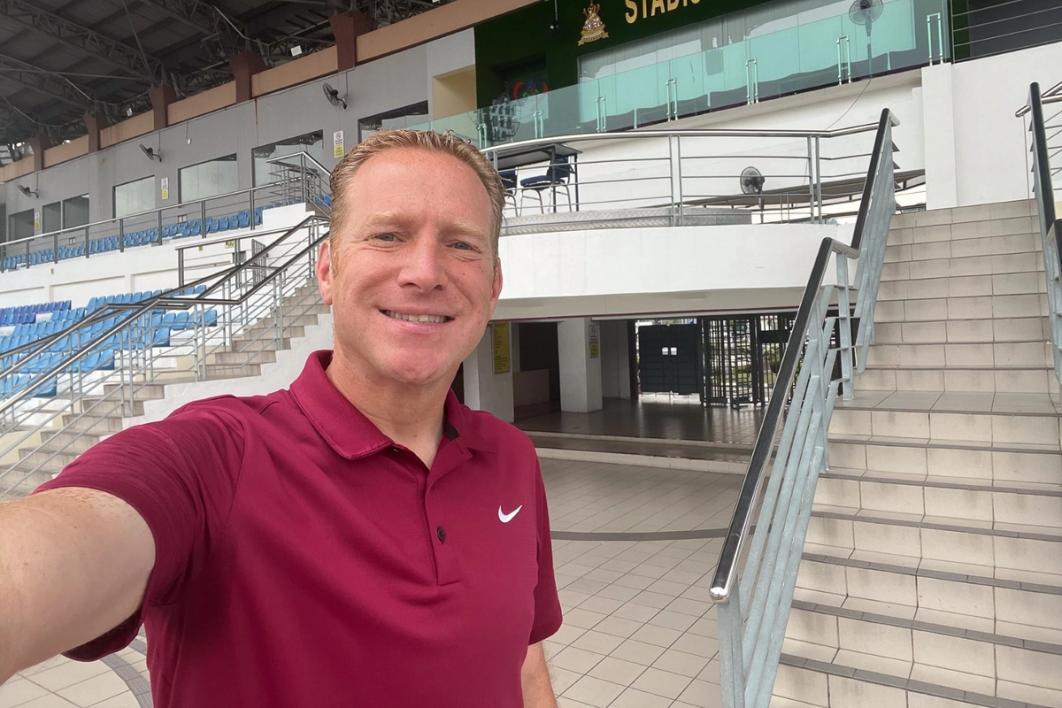
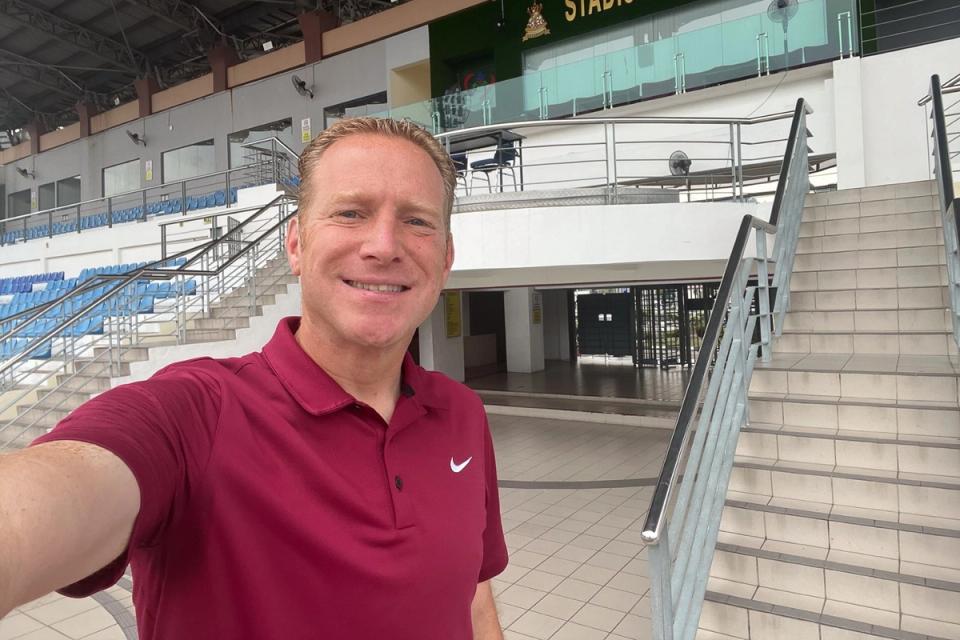
“I was very honored and humbled at the selection, especially when I was the only referee from the North America to be selected,” Kirst said. “In a way, it felt like I was trailblazing a path forward for the future generations of deaf and hard of hearing referees to be appointed and succeed at this level. I felt I was able to show at the WDFC that the U.S. Soccer Referee Program is top-notch and really nurtures and develops referees.
“I knew I was being watched and had to put forth 100 percent of my effort and energy into the preparation, development, performance, and matches that I was appointed to officiate. I knew I had to do my best to represent U.S. Soccer and Colorado in the best light possible.”
Despite his usual pre-game nerves ahead of matches, Kirst said once the games got going and he had to make his first call, whether it was a throw-in or an offside call, he was usually settled into the match.
His most memorable moment of the tournament came in the men’s semifinal between Ukraine and Senegal. He stood as the line judge for 15 rounds of penalty kicks, an experience he believed helped him improve professionally.
“It was not fun because I had to focus on the keeper for 15 straight rounds for both teams until they missed the last one,” he said. “ But wow. I think it was a really good cumulative event that helped me learn the rules of the game and focus. It helped to be able to apply the right laws to everything in that instance.”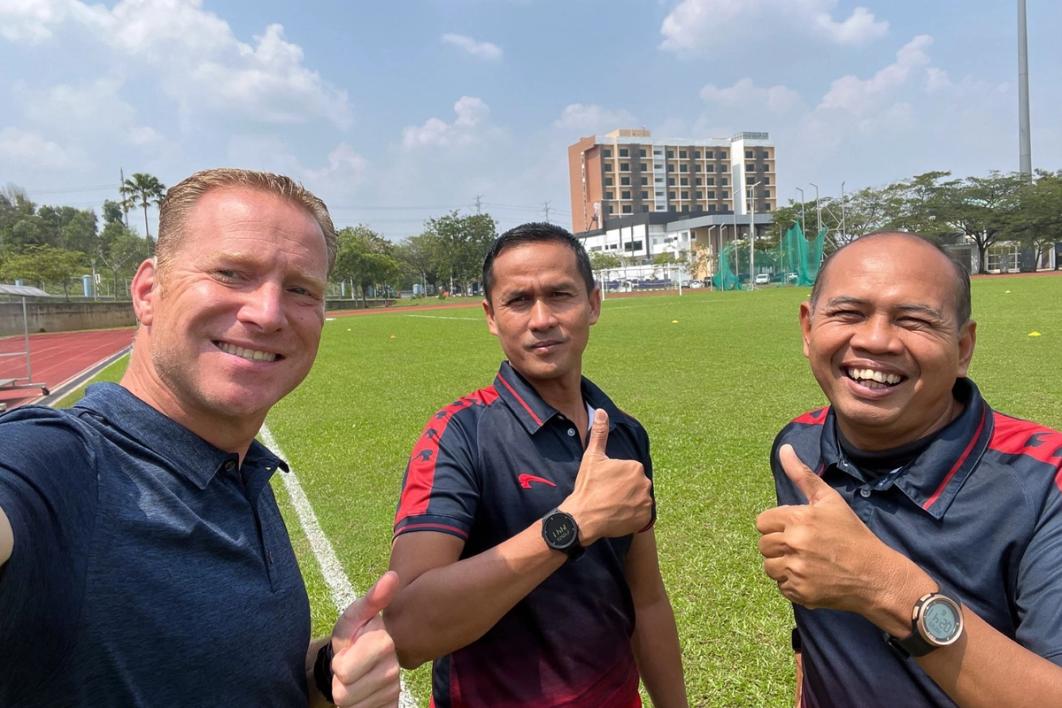
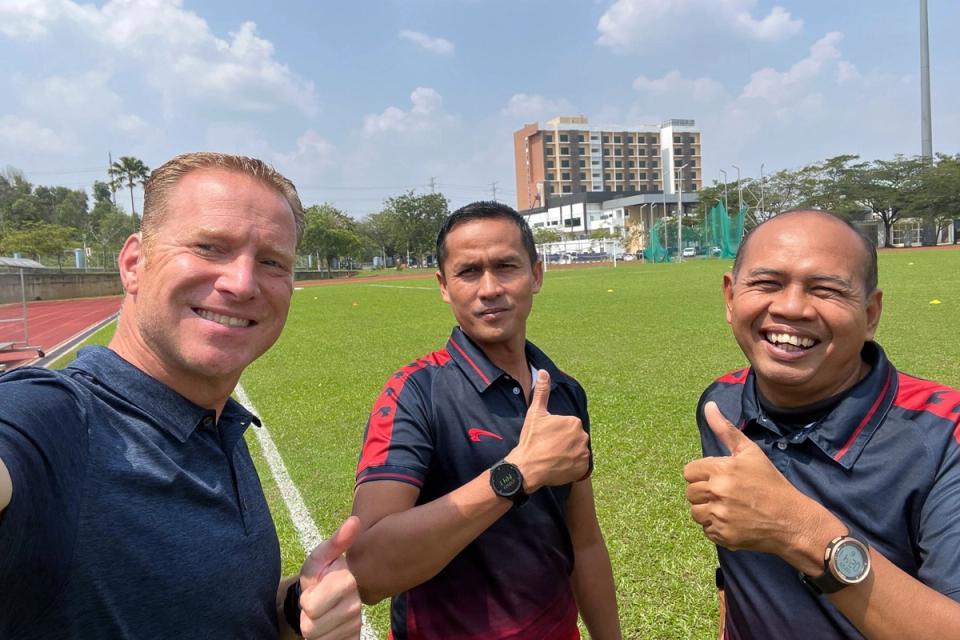
Kirst didn’t just enjoy being a referee during the trip. He was also grateful to connect with local referees and coaches in the Malaysian program and learning about Malaysian culture.
And the food. Oh, the food.
“I ate so much food. I gained weight,” he said. “You cannot beat the food. It’s very different from what we eat in America. It was a very good cultural experience.”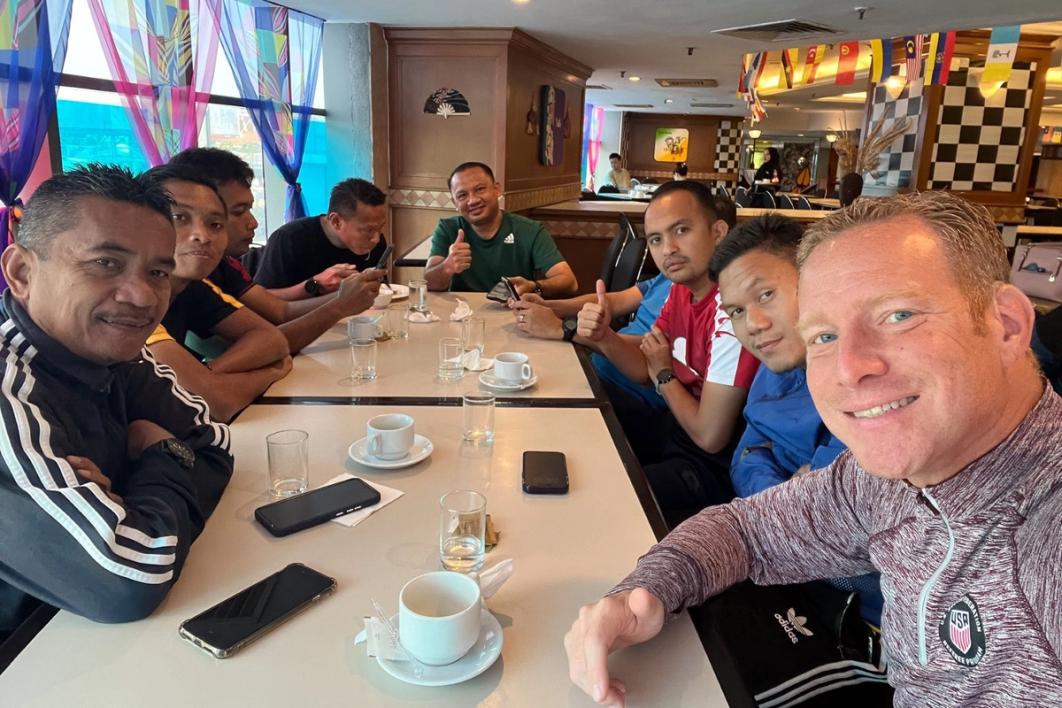
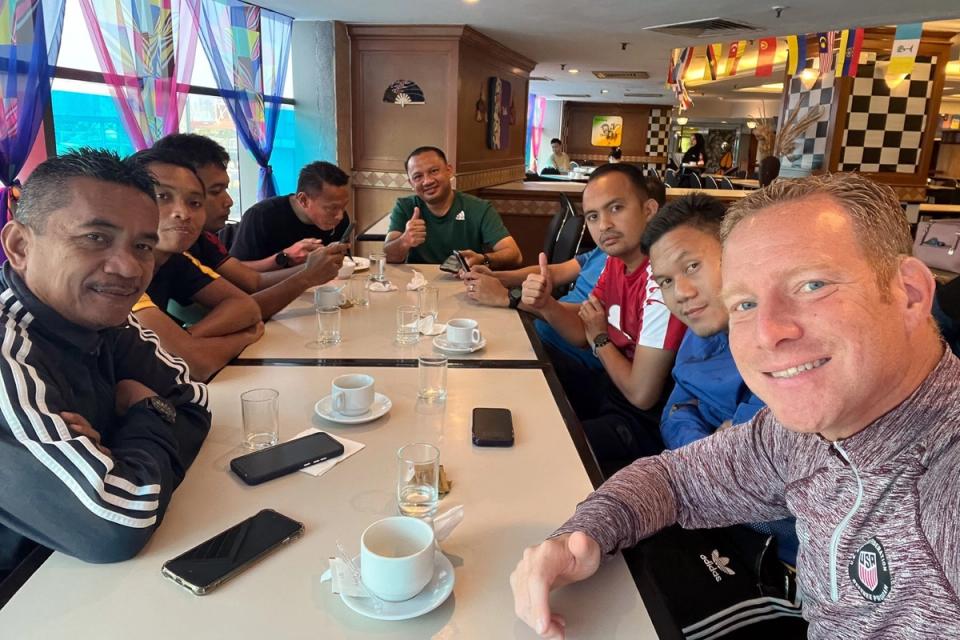
Now that he’s a veteran referee himself, Kirst looks forward to providing the kind of support he received coming up through the ranks.
“When people ask me to help them, I’m always happy to help out when I can,” he said. “I want to give back to the game. The deaf community. The soccer community. And this is one way I can help out. To show what it takes and what is needed to be able to be successful.”
And Kirst also hopes to see more deaf and hard of hearing officials follow in his footsteps.
“I hope that for the future generations of aspiring deaf and hard of hearing referees that they will get to be able to maximize the opportunities to become a referee as the accessibility and accommodation issues have been resolved and allow for an individual to realize their goals that they set within U.S. Soccer,” Kirst said. “I’d like to see more potential opportunities and events for aspiring deaf and hard of hearing officials that want to move to the next level or the elite level breaking through to PRO and MLS at some point in the future.”
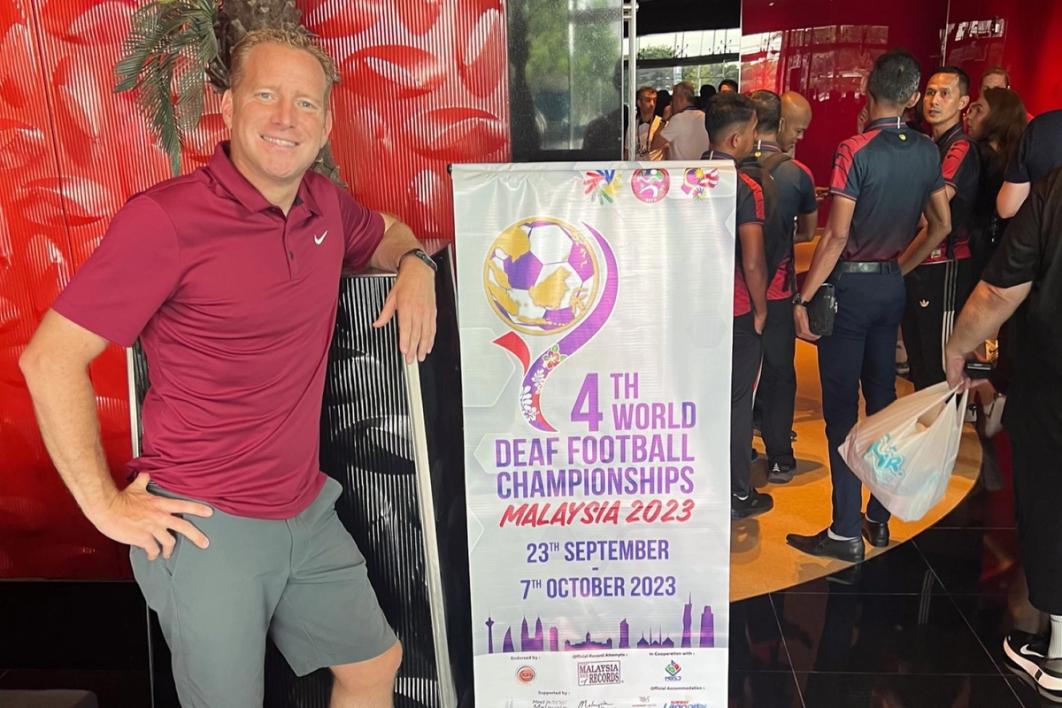
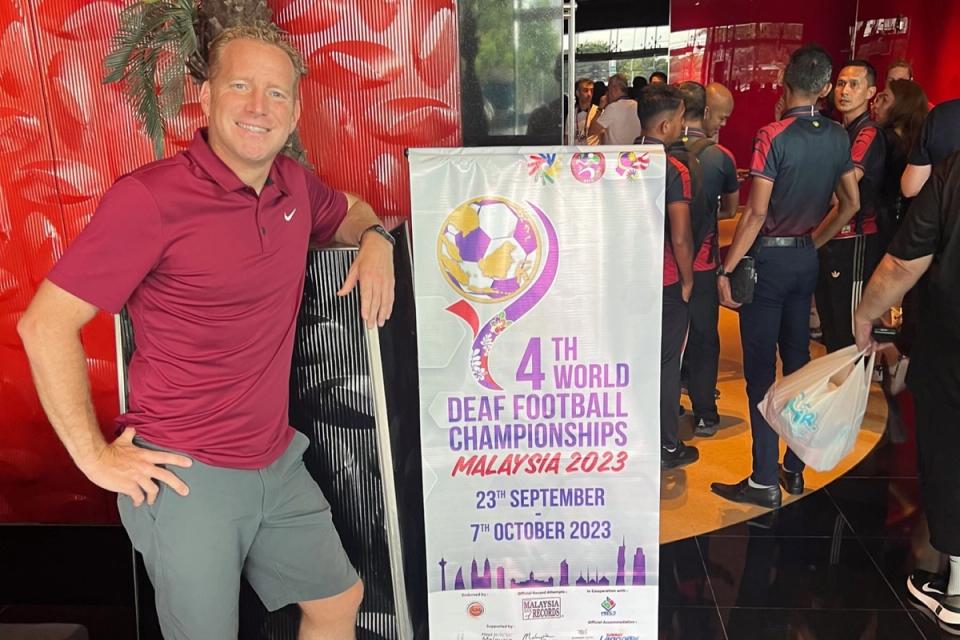
He encouraged anyone who loves the game to apply to become a referee themselves.
“It gets you outside in the sun, and the weather is good,” he said. “It’s good for your body and mind and soul.
“It’s a beautiful game…You can’t go wrong with that.”

